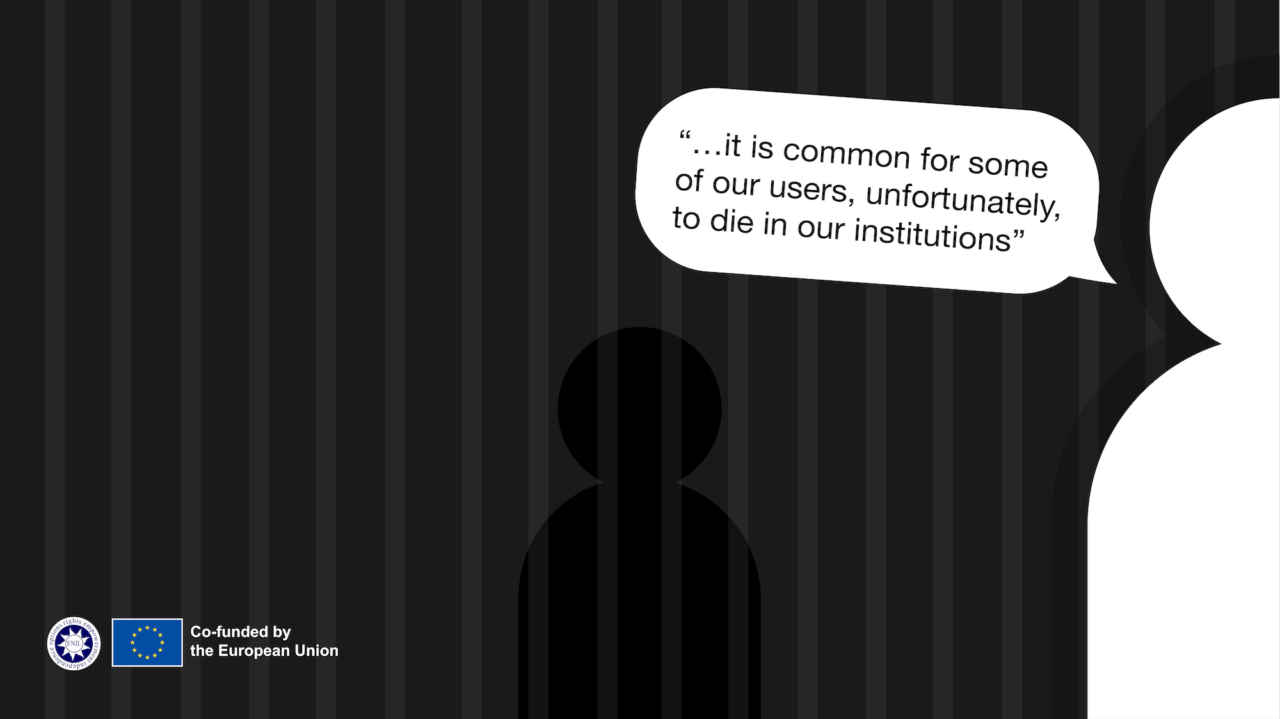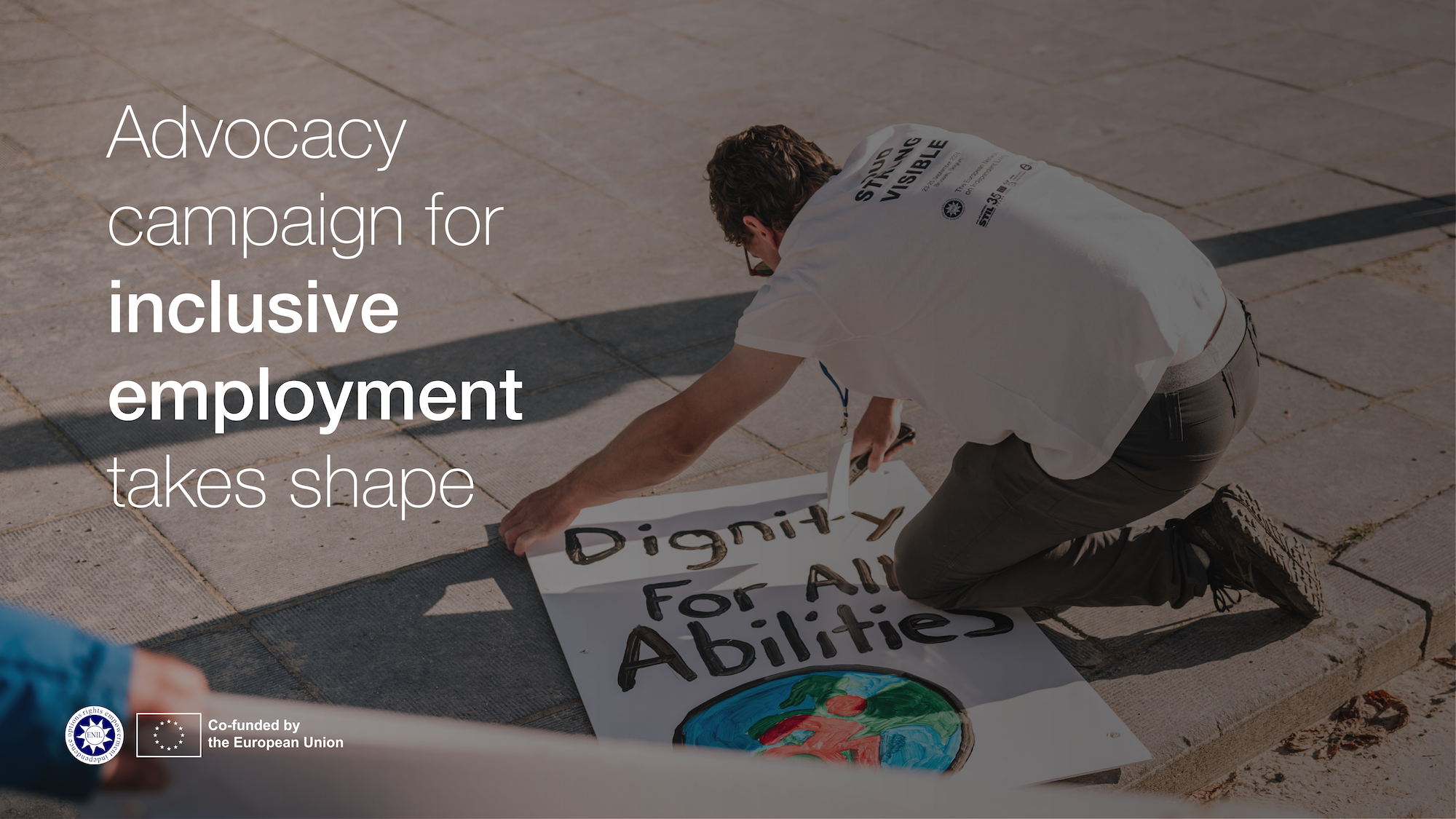On 27 September, a 15-year old boy died in an institution in the Centre for Rehabilitation Rijeka, in Croatia. This is an institution for disabled people, with several units, and in receipt of EU Structural Funds, for the process of “transformation”.
Reports about this tragedy appeared in the Croatian media only at the beginning of November, because of an apparent cover up by the Ministry of Labour, Pensions, Family and Social Policy. It was reported that the boy died in an isolation room by choking on a piece of pizza. They also reported that the boy had “severe disabilities”, but was also “eating and moving independently” though “with challenging behaviour”.
We know that deaths in institutions are common and the only way to avoid them is to close down institutions and put in place community-based services, so that everyone can live independently in the community, with the support they need. This goes especially for children with disabilities, who should be growing up with their families, not in institutions.
However, what is especially shocking in this case is the response of the relevant authority – the Ministry that is in charge of all the institutions for children, disabled and older people in Croatia.
Responding to the accusations of a cover up, the State Secretary in the Ministry of Labour, Pensions, Family and Social Policy, Marija Pletikosa said:
“I want to emphasize that it is untrue that we are hiding anything. We were aware of the case from the very beginning and we received an official notification from the former director on October 2, which I advised her myself to do after she called me to inform me that the boy had died. Namely, it is common for some of our users, unfortunately, to die in our institutions.” (emphasis added)
So, there is no reason to make a fuss, to report or investigate a death of a child, or to seek justice, as deaths of disabled children in institutions are normal.
The institution where the 15-year old boy died has several dislocated units and the headquarters in a new building. The Ministry describes the conditions of the said institutions as “good for the residents”, of whom there are 58. The unit in Kraljevica, where the boy died, has 15 residents, with the Ministry noting that it is “perfectly acceptable to have one carer on staff at night with this many residents”. During the day, there are 3 – 4 carers, which is “in line with the standards”.
According to the institution’s website, the institution has also received 1,5 million EUR from the European Social Fund (2014 – 2020) for “deinstitutionalisation”. The funds were used to provide and furbish 5 apartments for “organised housing” of 23 residents, and to fund day care, vehicles and laptops, as well as to furbish 6 existing apartments and to train 29 staff members. Rather than creating conditions for independent living, the EU Funds have “enabled” disabled people to move into smaller institutions.
Sadly, despite the media attention and the resignation of the institution’s Director, there is no indication that anyone will be held responsible, brought to justice or that lessons will be learnt. There are, as usual, calls for more staff in institutions and better working conditions. No one, least the relevant Ministry, is asking why a 15-year old boy is in an institution in the first place and what they can do to make sure all children can grow up in their families. There is no mention of Croatia’s commitments under international or EU law, such as the UN Convention on the Rights of the Child or the EU Child Guarantee. At best, an outcome of this tragedy will be better respect for the “isolation protocol” and more staff members in institutions.



